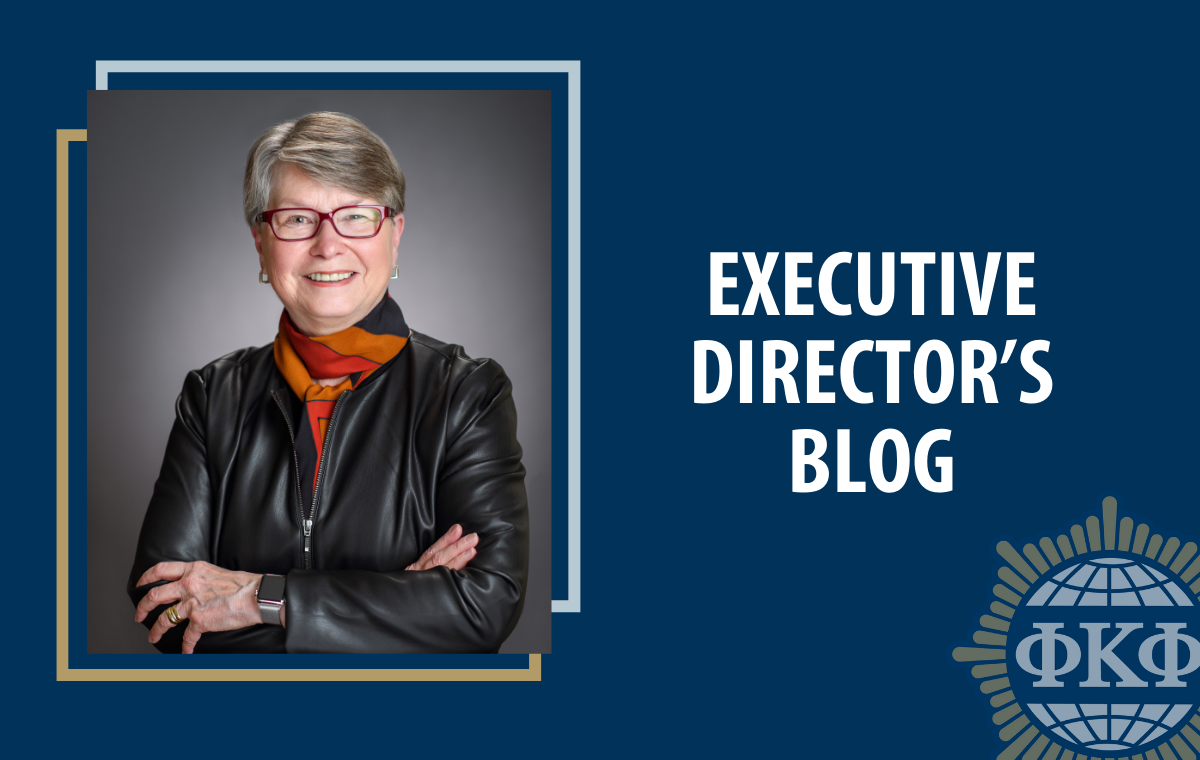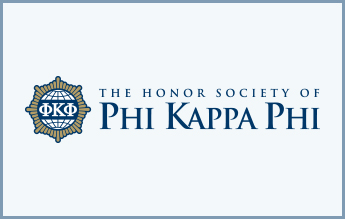News
From the Executive Director: Still Learning

There are some advantages to a long commute. While traveling from my home in the Chicago suburbs to the downtown campus where I was working on my doctorate, I listened often to NPR, and one day in 1992 heard Fresh Air’sTerry Gross interview Derrick Bell about his book Faces at the Bottom of the Well: The Permanence of Racism. Using allegories to illustrate his point, Bell shared his story, “The Space Traders.”
I was then teaching a humanities seminar on individualism and community that focused on the common good and community decision-making. I was so taken by the premise of “Space Traders” that I shared it with my students that evening:
In the near future, America is nearly bankrupt, its environment toxic, its energy resources virtually depleted. Alien ships arrive on American shores and announce they have brought enough gold and energy to solve all three critical issues, and they wish only one thing in return — all the African Americans who live in the United States. The nation has two weeks to respond. I posed Bell’s question to my students. How do you think America answered?
Bell’s parable led me to a study of critical race theory, and to add that perspective when teaching about race, a prominent theme in my American history courses. The analytical framework that race matters drove me into what has been called “white soul work,” the reading and thinking essential to acknowledging in oneself what feminist scholar Peggy McIntosh defines as “the invisible knapsack of white privilege.”
The events of recent months reveal how essential that work is. The death of George Floyd last spring sparked a national outcry about police behavior toward Blacks that generated protest marches across America, in large cities and small towns alike. In a remarkable display of solidarity, the country appeared to have turned a corner rather than a blind eye to the depth and breadth of racism in American society and institutions.
A late July poll by The Washington Post/ABC News found a majority of Americans support the Black Lives Matter movement. As the spring protests began, members wrote to ask that the Society address the protests. We did, with a statement on the website that concluded:
“As an organization grounded in the love of learning, we admit that we all have more to learn — about one another, about injustice and systemic racism, and about our nation’s history. Outstanding scholarship knows no color; rather, it affirms the dignity of every individual.”
We underscored our belief that education and dialogue remain the keys to informed citizenship. In addition to an increasing number of excellent books, in August 2019 The New York Times Magazine published “The 1619 Project,” a reframing of American history marking 400 years since the arrival of enslaved Africans to the Virginia colony. Finally, if you have the opportunity to travel to Washington, D.C., include a visit to the National Museum of African American History and Culture, the newest Smithsonian. The museum does a masterful job of telling the story of those 400 years, a history not taught often enough but vital to one’s self-understanding as an American. I felt a sense of reverence when walking through the history, from enslavement to the ongoing civil rights movement. I found it hard to hold back tears, whether looking at Nat Turner’s Bible or Emmett Till’s casket, just being in a place that tells a powerful story of majesty amid unspeakable cruelty and struggle. You can also visit online.
Keep learning. Stay safe and well.
